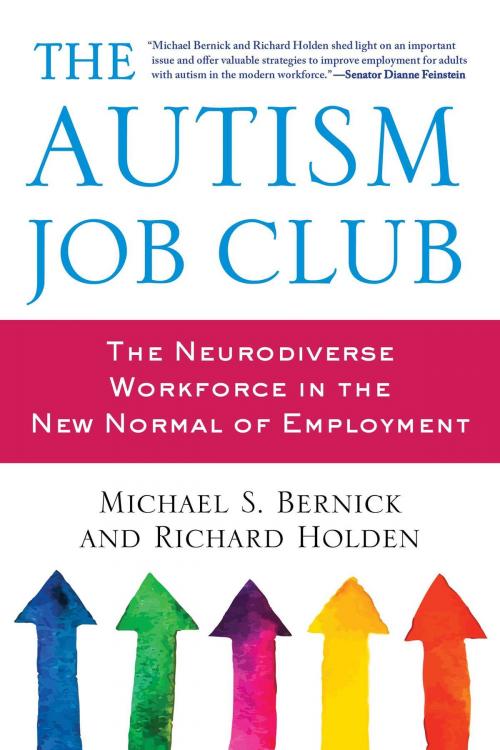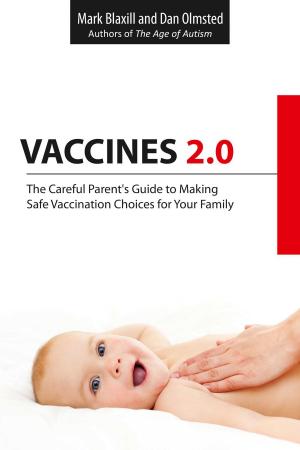The Autism Job Club
The Neurodiverse Workforce in the New Normal of Employment
Nonfiction, Health & Well Being, Health, Ailments & Diseases, Nervous System & the Brain, Family & Relationships, Family Relationships, Motherhood, Medical| Author: | Michael S. Bernick, Richard Holden | ISBN: | 9781632209979 |
| Publisher: | Skyhorse | Publication: | March 3, 2015 |
| Imprint: | Skyhorse | Language: | English |
| Author: | Michael S. Bernick, Richard Holden |
| ISBN: | 9781632209979 |
| Publisher: | Skyhorse |
| Publication: | March 3, 2015 |
| Imprint: | Skyhorse |
| Language: | English |
The Autism Job Club is a groundbreaking book for bringing adults with autism and other neuro-diverse conditions into the work world.
The book has its basis in the autism job club that the authors have been part of in the San Francisco Bay Area, the job-creation and job-placement efforts the club has undertaken, and similar efforts throughout the United States.
The authors review the high unemployment rates among adults with autism and other neuro- diverse conditions more than two decades after the ADA. National data on autism employment and unemployment with the individual employment searches of job club members.
Bernick and Holden also outline and explain six strategies that, taken together, will reshape employment for adults with autism:
*The art of the autism job coach.
*The autism advantage in technology employment.
*Autism employment and the internet economy.
*Autism employment and the practical/craft economy.
*Autism and extra-governmental job networks.
*Autism and public service employment.
The Autism Job Club will be a vital resource for adults with autism, their families, and advocates who are committed to neuro-diverse employment, not unemployment. But it will also speak to a far broader audience interested in how to carve out a place for themselves or others in an increasingly competitive job world.
The Autism Job Club is a groundbreaking book for bringing adults with autism and other neuro-diverse conditions into the work world.
The book has its basis in the autism job club that the authors have been part of in the San Francisco Bay Area, the job-creation and job-placement efforts the club has undertaken, and similar efforts throughout the United States.
The authors review the high unemployment rates among adults with autism and other neuro- diverse conditions more than two decades after the ADA. National data on autism employment and unemployment with the individual employment searches of job club members.
Bernick and Holden also outline and explain six strategies that, taken together, will reshape employment for adults with autism:
*The art of the autism job coach.
*The autism advantage in technology employment.
*Autism employment and the internet economy.
*Autism employment and the practical/craft economy.
*Autism and extra-governmental job networks.
*Autism and public service employment.
The Autism Job Club will be a vital resource for adults with autism, their families, and advocates who are committed to neuro-diverse employment, not unemployment. But it will also speak to a far broader audience interested in how to carve out a place for themselves or others in an increasingly competitive job world.















